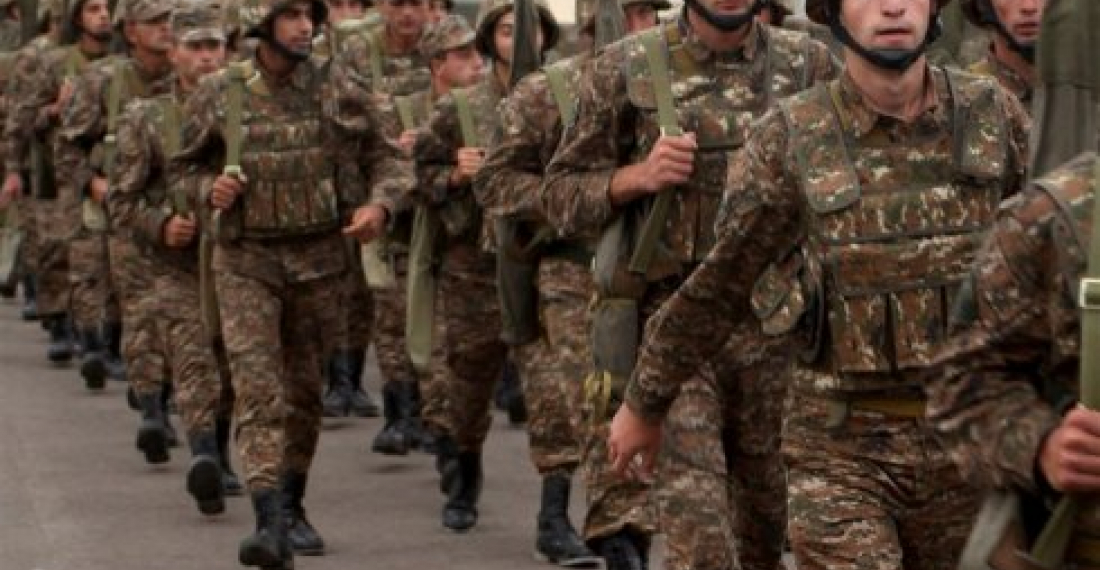There were 29 deaths in the Armenian Armed Forces in the first six months of 2019, and only two of these were the result of the conflict with Azerbaijan.
According to the Armenian NGO "Peace Dialogue" based on information collected from the Republic of Armenia's Ministry of Defence and the Nagorno Karabakh Republic Defense Army, along with other sources, of the 27 other deaths recorded three were murders; twelve were caused by fatal incidents; four involved deaths by suicide; seven cases were the result of health problems; and one fatality was the result of negligence.
The information is contained in 9th issue of the bi annual report "The Human Rights Situation in the Armed Forces of Armenia" recently published by "Peace Dialogue".
The report also has updates on various cases of deaths in the Armenian Armed Forces which the NGO is monitoring. It also gives an assessment of the approach of the current leadership of the Armenian Defence Ministry with regards to the human rights situation in the armed forces. It expresses concerns that committments on this issue may be in contradiction to a lingering support for the "Nation-Army" policy of the previouis government which had been criticised by a number of human rights organisations.
You can read the newsletter in PDF here
source: commonspace.eu with Peace Dialogue, Varnadzor, Armenia.







